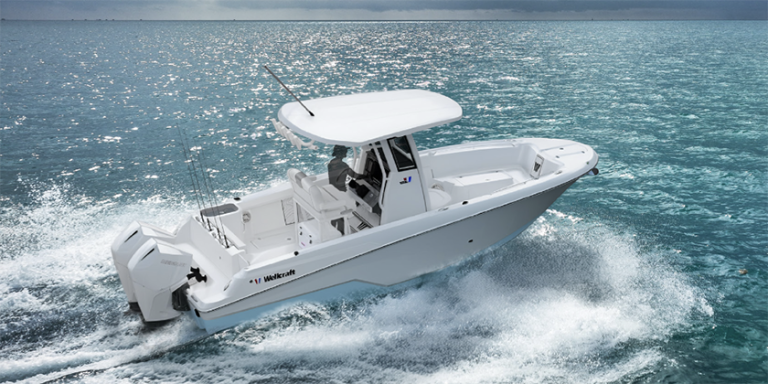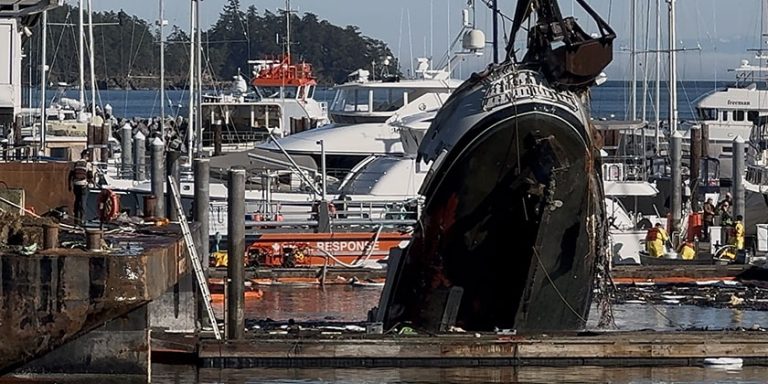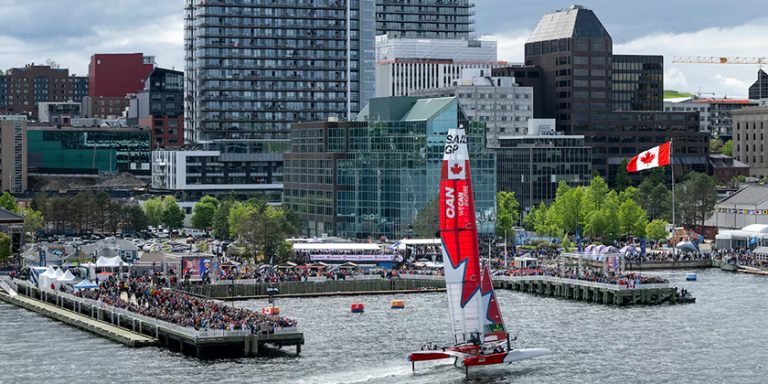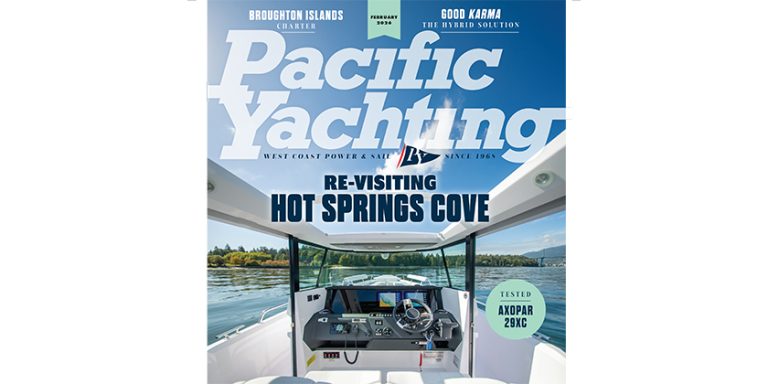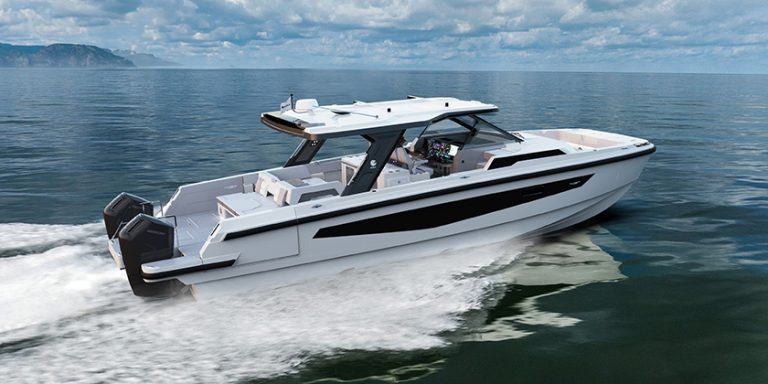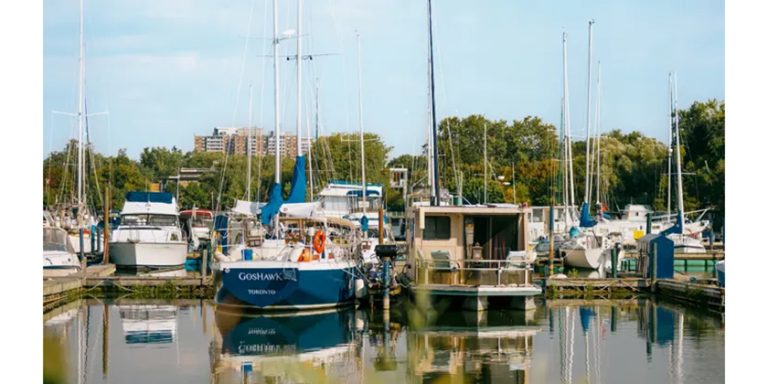Is My Boat Too Small? – Safety Tips for the Long Weekend
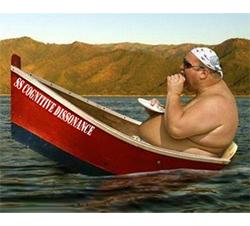
By Terri Hodgson
Canadian long weekends offer infinite possibilities for us to get outside and enjoy our landscape. The May Victoria Day weekend is the traditional kick-off to summer here and after a long and arduous winter Canadians across the country are anxious to get out and soak up the elements. A longer than usual winter with a great deal of snow presents conditions on lakes and rivers that might be different than we are expecting. Here are some tips that are really worth you while to observe so that your first long weekend of the summer is safe and fun…
The water is colder this May 24 weekend than it has been for many years. The police are warning boaters that although the water is free of ice, everyone needs to take extra caution when boating this weekend. If you normally eschew wearing your lifejacket you might want to throw it on this weekend. Police warn that Hypothermia can and will set in very quickly should you fall into the water and at least with a PFD or floatation suit you may have a chance in surviving such an incident. (See more on hypothermia below.)
Police also warn that floating ice or objects such as logs or other debris that may cause damage to your vessel.
Make sure you have ALL of your safety gear onboard for your first time out.

Everyone who operates a power-driven boat in Canada needs proof of competency — something that shows they understand the rules of the road and how to safely operate a boat. The most common proof of competency is the Pleasure Craft Operator Card. You can get one by passing an accredited boating safety test.
Check the weather forecast, make sure you have appropriate numbers and sizes of pfd’s for your passengers and that you have a complete safety kit. Here is a detailed list of pre-cruising preparations: http://www.tc.gc.ca/eng/marinesafety/tp-tp14525-menu-1085.htm
This is Boating Safety week and the Canadian Safe Boating Council organizes Ready, Set Wear It! campaign, encouraging people across the country to wear their life jackets. Boating safety enthusiasts set a new world record for life jacket wear during the fourth annual “Ready, Set, Wear It!” Life Jacket World Record Day on May 18, 2013. At nearly 200 events around the globe, 5,774 people inflated their inflatable life jacket or wore an inherently buoyant life jacket, breaking the world record for life jacket wear. To learn more about this event click here.
Hypothermia is no Idle Threat
While air temperatures over the Victoria Day long weekend can often be quite balmy, boaters need to remember that the temperature of the water has only risen a handful of degrees since the ice receded. The cold shock can be deadly should someone fall overboard or their boat capsizes and sinks. A good idea to guard against this possibility is to either wear or pack thermal protective clothing to slow the onset of hypothermia until help arrives. (http://cpsboat.wordpress.com/2014/05/12/may-2-4-long-weekend-lets-get-on-the-water-carefully/)
What is Hypothermia?
Hypothermia is a physical condition that occurs when the body’s core temperature falls below a normal 98.6° F (37° C) to 95° F (35° C) or cooler. Think of hypothermia as the opposite of heat stroke. Cold water dangerously accelerates the onset and progression of hypothermia since body heat can be lost 25 times faster in cold water than in cold air. Hypothermia affects the body’s core – the brain, heart, lungs, and other vital organs. Even a mild case of hypothermia diminishes a victim’s physical and mental abilities, thus increasing the risk of accidents. Severe hypothermia may result in unconsciousness and possibly death. About 600 people in the U.S. die of hypothermia each year.
Of particular note is the fact that alcohol consumption willl accelerate the effects of hypothermia. See below chart for expected survival times for cold water conditions.

Maximize your chances of surviving by:
- Wearing a personal flotation device (PFD)
- Adopting a survival position
- Keeping clothing on
- Getting as much of body out of the water as possible
- Remaining still and in place UNLESS a floating object, another person, or the shore is nearby
- Keeping a positive mental outlook (a will to survive really does matter)

In Canada, alcohol still accounts for 40% of all boating-related incidents and fatalities. We have outstanding waterways, beaches and landscapes to enjoy this weekend and all summer long. Be smart and be prepared and ensure that you and your family and friends will all be able to max out on the boating opportunities available to us all.
Read More About Boating Safety:
– CSBC Signs International Lifejacket Wear Principles
Water Safety
– Canadian Sailors Get New Safety iPhone App
– Don’t Go Out Unless You Can Get Back In – Reboarding Ladders

